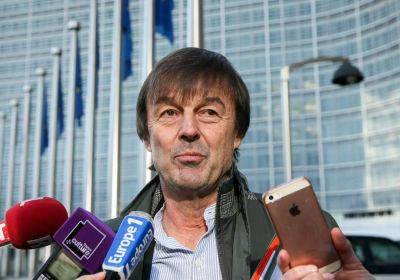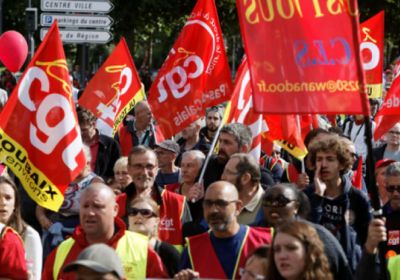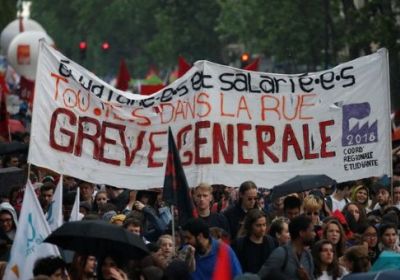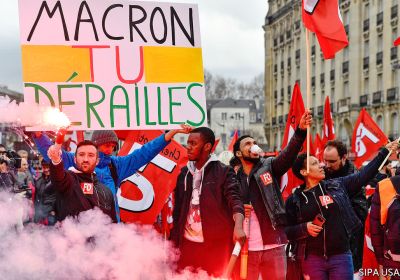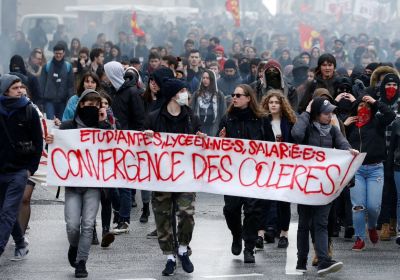-
-
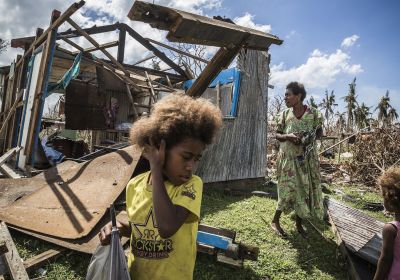
Samoan Prime Minister Tuilaepa Sailele Malielegaoi made an impassioned plea for the big powers in the region to stop bullying small Pacific Island nations just days before the 49th Pacific Islands Forum (PIF) was held in Nauru over September 3-6.
-
-

Tiziri Kandi is an officer with the hotel workers’ branch of the General Confederation of Labour (CGT) – a major confederation of French trade unions. Following the 111-day Clichy Holiday Inn strike in Paris, she spoke with Joe Hayns about the strike, outsourcing, and the limitations faced by railway workers in their struggle against President Emmanuel Macron’s attack on the state-owned railway operator, SNCF.
-
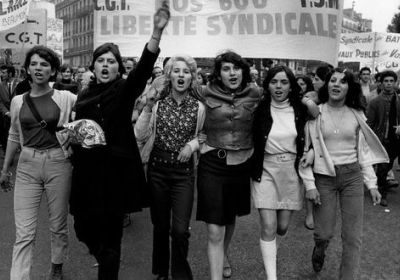
This year marks the 50th anniversary of the dramatic May-June 1968 upsurge in struggle by workers and students in France. The effects of this turbulent period, writes Stanley Blair, were felt around the world — and for years to come in France.
-
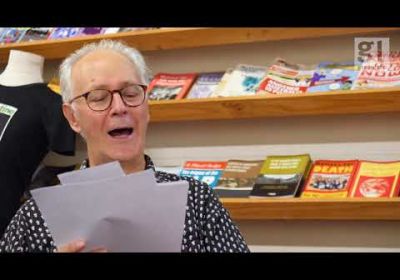
1968 was one of those extraordinary years when millions of people were involved in trying to change the world for the better. Hall Greenland writes that the year's most compelling events took place in May and June on the streets of France.
-
-
-
-
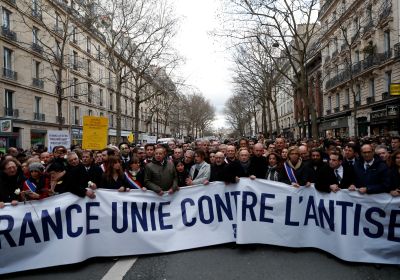
Mireille Knoll was brutally murdered in her Paris apartment on March 23. She was 85 years old with a disability and a Holocaust survivor. Police suspect anti-Semitism may have motivated the attack upon her; all prompting an emotional outpouring.
-
-
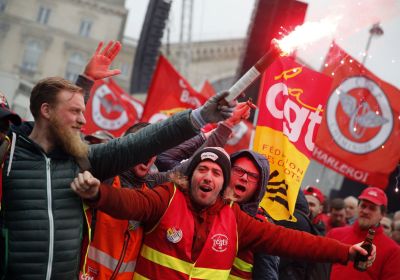
France is once again on the brink of an all-out industrial war — and its outcome could transform the country’s political landscape.
France
France

